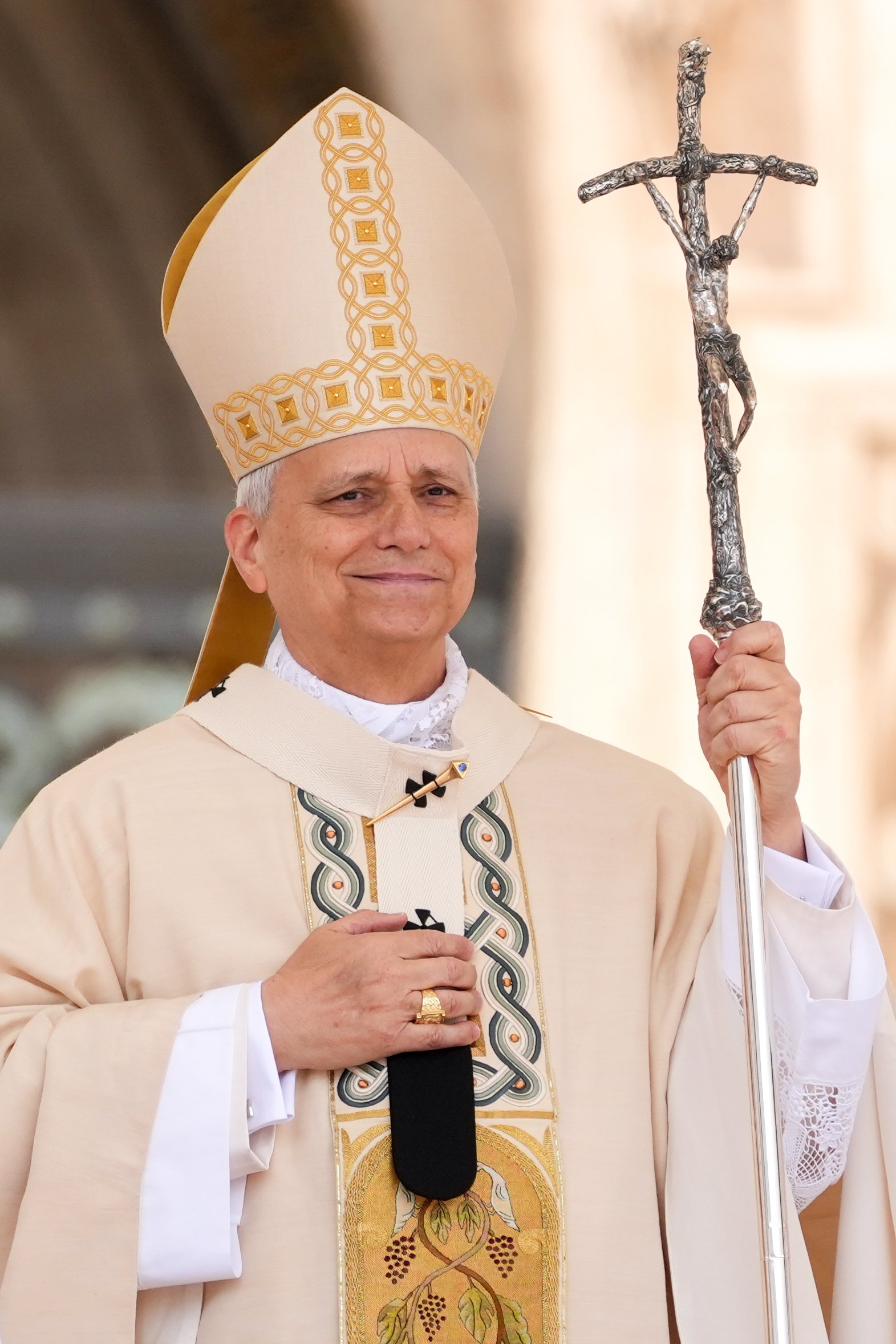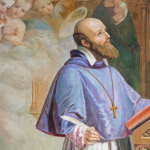We live in a time of turmoil. Wars are in progress in several places and threatened in others. A formerly reliable next-door neighbour has turned belligerently unstable, and we just got through a snap election. It is a time for vigilance, of being ready for anything.
But we are not abandoned. God is already sending rays of hope.
One ray appears to shine upon the quick election May 8 of Cardinal Robert Prevost as Pope Leo XIV, after the death of Pope Francis on Easter Monday. By all accounts Pope Leo is a bridge-builder, a well-spoken traditionalist with an announced commitment to Pope Francis’ social agenda, who might be able to bring together not only divided nations but divided doctrinal and pastoral components of the Church as well, in ways not recently seen.
We might be able to help that process, if we choose.
Pope Leo’s first sermon, directed to his brother cardinals — but applicable to us as well — was a call for a deep and steadfast devotion to Christ from each of us. While the world tends to see Christ either as insignificant compared to worldly leaders, or in a half-hearted fashion, like some nice guy who has some interesting ideas but cannot be relied on in a pinch, we are to follow him with open eyes and true hearts, as Messiah and Son of the living God. We are to follow wherever he leads, in a spirit of joyful witness, inviting him to work change within us for his own purposes — even if that means great inconvenience, ridicule, or even death for us; and we are meant to like it.
This means that he is asking for growth in most of us. Truly loyal devotion to Christ means knowing, accepting, and happily applying all of our Church’s teachings in every aspect of our lives. In particular, it means accepting and applying not only the Great Commandment to love God with all our heart, soul, and mind, but also the second one: to love our neighbours as ourselves (Mt 22:37-39). Those among us who are most comfortable with the Church’s forms and traditions, for example, may find ourselves called to take on the smell of our less fortunate neighbours, in the broad Lucan sense of neighbour (Lk 10:25-37); while those who prefer the noisy fellowship of a soup kitchen may find ourselves invited to pay more scrupulous attention to the liturgy and sacraments, in the sense of John 6:48-58.
This is not some lukewarm cultural “cafeteria Catholicism” defined by attending Mass sometimes on Sundays and behaving like everyone else the rest of the time. It means doing what Christ asks, cheerfully, no matter what he asks. In Pope Leo’s words, it means “moving aside so that Christ may remain,” making ourselves “small,” and spending ourselves “to the utmost” so that all may have the opportunity to know and love God.
A beauty in this is that if we all start working on deep and large devotion to Christ, and if we do it in the right spirit, we might begin to understand and appreciate one another better.
This fits in well with a possible second ray of hope. A few weeks ago Canada elected a newish government. By most accounts, our new prime minister falls short of being the perfect Catholic leader. He is reported, among other things, to have made a number of public statements inconsistent with Catholic doctrine, and aspects of his resumé have been questioned.

On the other hand, he recently published a book, “Value(s),” which opens with a description of a Vatican conference on the economy at which he and other attendees were invited by Pope Francis to seek ways of re-injecting human values into the world’s economy. The rest of the book sets out his ideas on how to do that, cast in terms of values strangely similar to the principles, values and virtues of Catholic social teaching — even though the word “Catholic” is seldom, if ever, used. It has also been reported that Mr. Carney “goes to Catholic church” frequently.
He may not be perfect in our eyes, but he appears to be trying. Let those without sin cast the first stone.
Would it not seem possible instead for Catholics interested in a better world to work with a pope who has chosen the name “Leo XIV” after the author of “Rerum Novarum,” the Church’s first social encyclical,and a prime minister who seems to “speak Catholic” well when he wants to, in trying to establish a common ground for conversation and growth?
Unfortunately, history seems to suggest that whatever this new pope teaches, and whatever this new prime minister does, they are going to be criticized for it, by Catholics as well as those around us. Could we try something different this time? Could we approach the conversation in humility, bearing in mind that the pope is the shepherd, and we are the sheep; that he is here to lead us in the direction he discerns is best for us and not to feed us back, line by line, our own favourite personal versions of Catholicism? And that our prime minister appears to be trying? Could we try being happy, reasonably cooperative Catholic sheep?
Even if we did not vote for either of them, we could start by listening respectfully and trying to understand. We could use Scripture as a starting point, reminding ourselves of Christ’s teachings about insisting upon our own human ideas about the way things should be run, rather than the rules God has actually given us. We could try tempering our criticisms, acknowledging the differences noted by Christ in laws that come from God and rules (traditions) that are made by men (cf. Mt 15, Mk 7, Catechism of the Catholic Church, 83).
We might also “go and learn the meaning of the words, I desire mercy, not sacrifice.” The Church has a lot for us to share about that.
Matthew Marquardt is the founder and executive director of Catholic Conscience.




